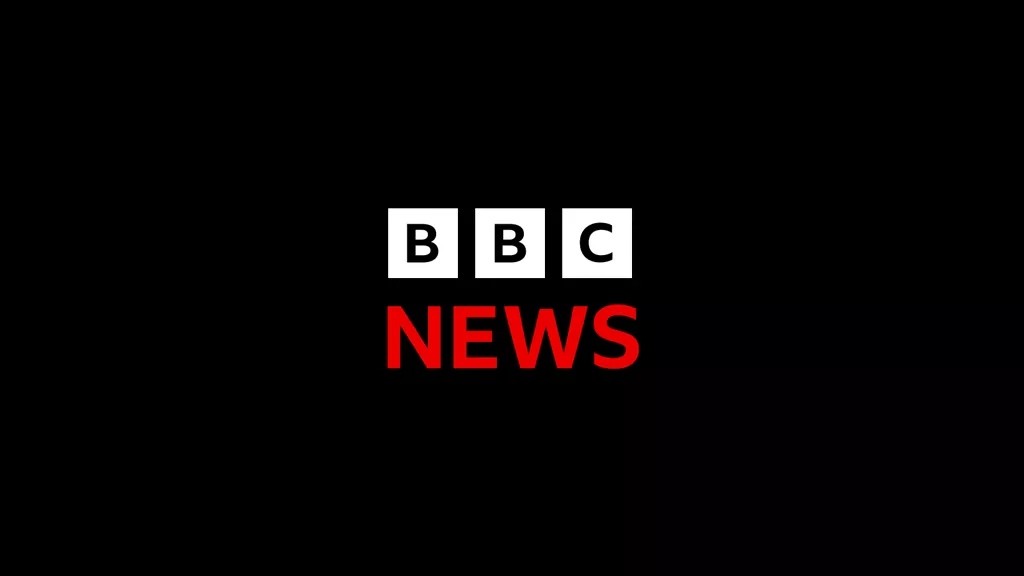In recent news, Gary Lineker, the renowned sports presenter, has found himself at the center of a controversy regarding his Twitter activity and its potential breach of BBC guidelines. The incident has sparked a debate on the boundaries between personal opinions and professional conduct for public figures associated with the BBC.
Social Media and BBC Guidelines: A Delicate Balance
The use of social media by BBC personalities has long been a subject of scrutiny. Lineker, with a massive following on Twitter, often expresses his views on various topics beyond sports. However, his recent tweets have drawn attention and criticism, raising concerns about whether they align with the BBC's guidelines on impartiality.
The Controversial Tweets
Several tweets by Lineker have sparked controversy, with some claiming that they may breach BBC rules. The tweets in question delve into political and social issues, leading to debates about the responsibilities and limitations that public figures associated with the BBC should adhere to.
Also Read:- Usman Khawaja's Stand: A Cricketer's Silent Protest for Humanity
- Folding Chair Brawl on Montgomery Riverfront Ends with Unusual Verdict
BBC's Response and Guideline Breach
The BBC has a set of guidelines in place to ensure impartiality and professionalism among its presenters and staff. The corporation's response to Lineker's tweets and whether they constitute a breach of these guidelines remains a topic of discussion. The controversy has also raised questions about the BBC's approach to enforcing these guidelines and the consequences for those who may breach them.
Public Figures and Political Expression
The incident involving Gary Lineker has reignited the broader conversation about the role of public figures in expressing political opinions. As a well-known personality, Lineker's tweets have the potential to influence public opinion, and this raises questions about the extent to which public figures should engage in political discourse while representing an organization like the BBC.
The Future of Social Media and Broadcasting Ethics
The intersection of social media and broadcasting ethics is an ongoing challenge for media organizations worldwide. The Gary Lineker controversy prompts reflection on how guidelines should evolve to navigate the complexities of the digital age. As public figures continue to use platforms like Twitter to share their perspectives, there is a growing need for a nuanced approach that respects freedom of expression while upholding the values of impartiality and professionalism.
Conclusion: Striking a Balance in the Digital Age
The Gary Lineker controversy serves as a microcosm of the broader challenges faced by media organizations in the digital age. Striking a balance between personal expression and adherence to professional guidelines remains an ongoing struggle. The incident prompts us to consider the evolving nature of media ethics in an era where social media platforms play a significant role in shaping public discourse.
Keywords: Gary Lineker, BBC guidelines, social media, controversy, impartiality, broadcasting ethics, public figures, Twitter, digital age
Read More:- Australia vs Pakistan 2023: First Test Day One Highlights and Analysis
- Controversial Moments Surrounding Giannis Antetokounmpo: A Closer Look at Recent Incidents
Thanks for Visiting Us – FixyaNet.com



0 Comments